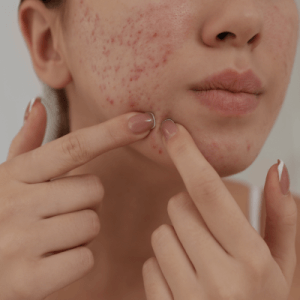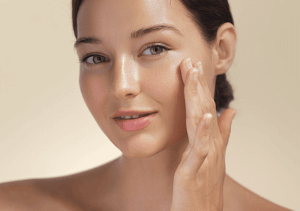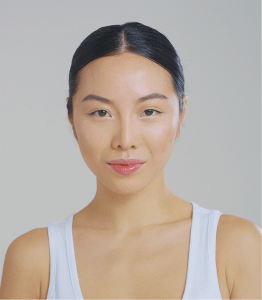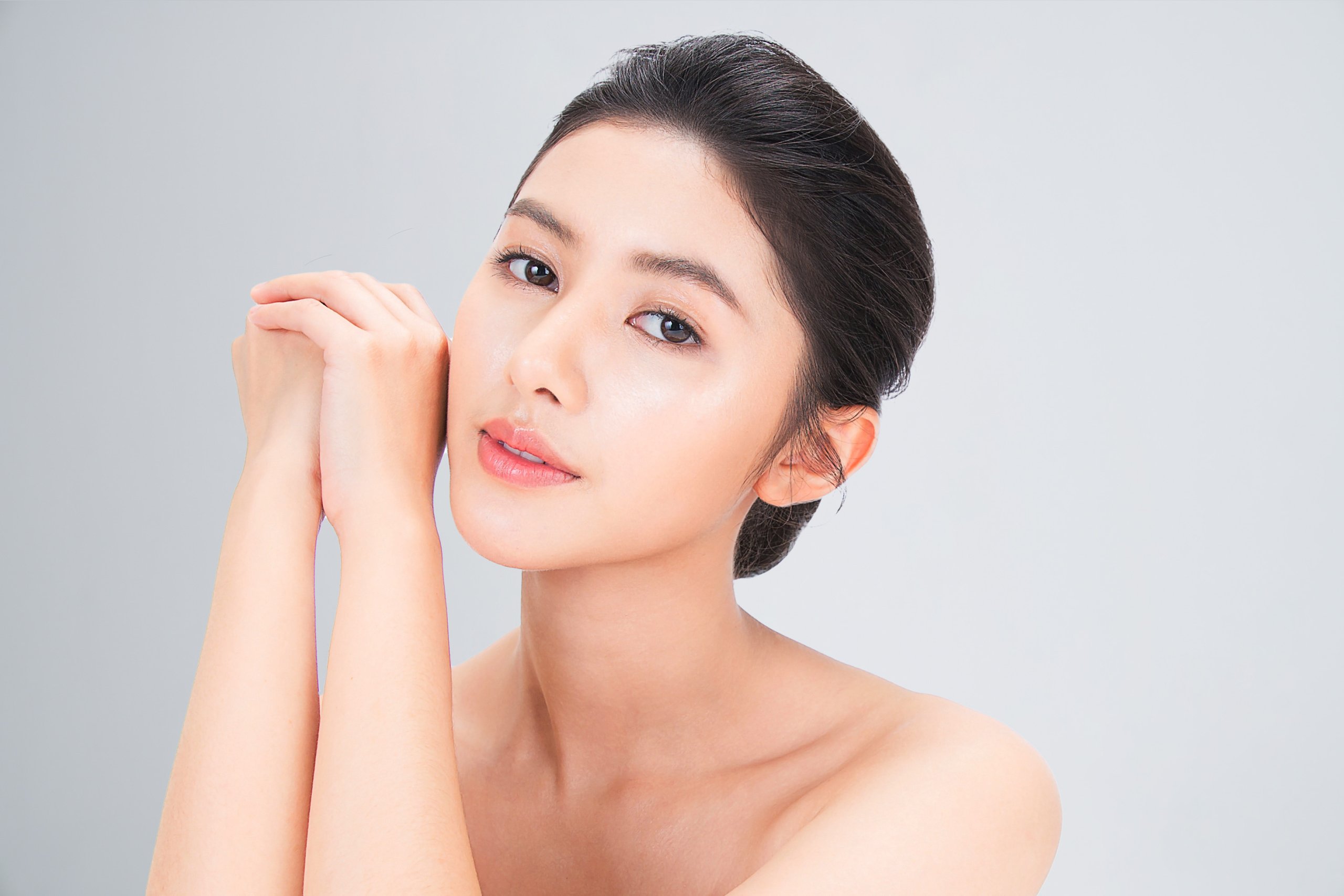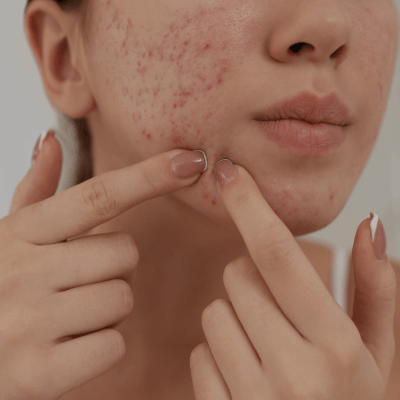
Skin Pigmentation Treatment A Comprehensive Guide for Citizens in Singapore
Skin pigmentation issues can affect people of all ages and skin types, and in Singapore, where sun exposure is frequent, these conditions are quite common. If you’re struggling with dark spots, uneven skin tone, or other pigmentation issues, you might be looking for effective treatments. Singapore offers a range of options, from advanced laser treatments to natural topical creams. In this guide, we’ll explore everything you need to know about skin pigmentation treatments available in Singapore.
What is Skin Pigmentation?
Skin pigmentation refers to the discoloration of the skin, usually in the form of dark spots, patches, or uneven skin tone. This condition occurs when there is an excess production of melanin, the pigment responsible for the color of your skin, hair, and eyes. While pigmentation itself is harmless, it can lead to cosmetic concerns and affect your self-esteem.
Why is Skin Pigmentation Treatment Popular in Singapore?
Singapore’s tropical climate means high levels of sun exposure, which can lead to skin pigmentation issues like melasma, age spots, and post-inflammatory hyperpigmentation. The desire to have clear, even-toned skin has made pigmentation treatments popular. Moreover, the availability of advanced dermatological clinics offering cutting-edge treatments makes Singapore a go-to destination for pigmentation solutions.
Types of Skin Pigmentation
There are several types of skin pigmentation that people commonly experience. Let’s take a look at some of the most prevalent ones:
Melasma
Melasma is a common condition where dark patches appear on the face, especially on the cheeks, forehead, nose, and upper lip. It is often triggered by hormonal changes, like pregnancy or birth control pills, and exacerbated by sun exposure.
Age Spots (Sun Spots)
Age spots, also known as liver spots or sun spots, appear as small, flat, dark areas on the skin, usually on areas exposed to the sun. They are more common as you age, but younger individuals with sun-damaged skin can develop them too.
Post-Inflammatory Hyperpigmentation
This type of pigmentation occurs after skin injury or inflammation, like acne scars. The skin darkens in response to the healing process, and these spots can persist for months or even years.
Freckles and Lentigines
Freckles are small, brown spots that are often genetic, while lentigines are larger, darker spots that typically develop due to sun exposure over time.
Causes of Skin Pigmentation
Understanding the causes of skin pigmentation can help you prevent or treat it more effectively.
UV Exposure and Sun Damage
The primary cause of pigmentation is overexposure to UV rays from the sun, which triggers the production of melanin. Singapore’s sunny climate makes sun protection essential.
Hormonal Changes
Pregnancy, birth control pills, and hormone replacement therapy can increase melanin production, leading to melasma or darker skin patches.
Skin Inflammation or Injury
Any trauma to the skin, such as cuts, burns, or acne, can lead to post-inflammatory hyperpigmentation.
Genetics and Family History
Genetic factors play a significant role in how susceptible a person is to pigmentation issues. If your family members have had pigmentation problems, you’re more likely to experience them too.
Environmental Factors
Pollution and exposure to chemicals can also contribute to pigmentation changes, especially in urban areas like Singapore.
How Skin Pigmentation Affects the Skin
Skin pigmentation can have both aesthetic and emotional impacts. While pigmentation issues are not dangerous, they can affect the appearance of your skin, making you feel self-conscious. Some people may experience a loss of confidence, leading them to seek treatments that promise even-toned skin.
Popular Skin Pigmentation Treatments in Singapore
There are a variety of treatment options available to address pigmentation issues in Singapore. Let’s take a look at some of the most common and effective ones.
Laser Treatments
Laser technology is one of the most advanced ways to treat skin pigmentation. Lasers target the pigment in the skin, breaking it down and allowing your body to naturally remove it. Common lasers used for pigmentation include Q-switched lasers, fractional CO2 lasers, and picosecond lasers.
Chemical Peels
Chemical peels involve applying a chemical solution to the skin, which exfoliates the top layer and removes damaged skin cells. This process helps lighten dark spots and improve overall skin texture.
Topical Treatments and Creams
Topical creams containing ingredients like hydroquinone, retinoids, or vitamin C can lighten pigmentation over time. These treatments are less invasive and can be used at home, though they may take longer to show results.
Microneedling
Microneedling involves creating tiny punctures in the skin with a special needle device. This stimulates collagen production and helps fade pigmentation marks by promoting skin regeneration.
Intense Pulsed Light (IPL) Therapy
IPL uses broad-spectrum light to target pigment in the skin. It is a non-invasive treatment that can reduce dark spots, sun damage, and overall pigmentation.
Conclusion
Skin pigmentation treatments in Singapore offer a range of effective solutions for those looking to achieve even-toned skin. Whether you choose laser treatments, chemical peels, or topical creams, it’s essential to consult a specialist to find the right treatment for your needs.



